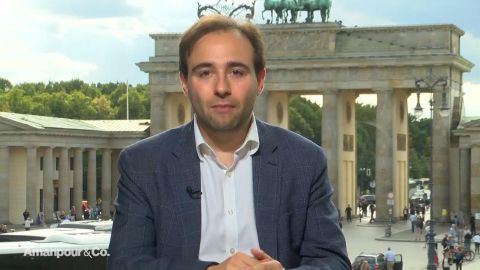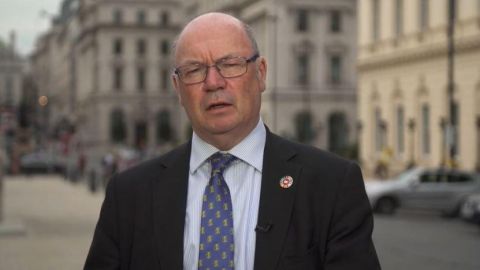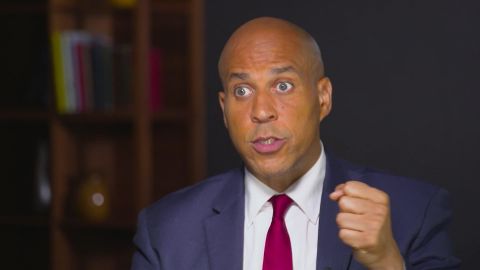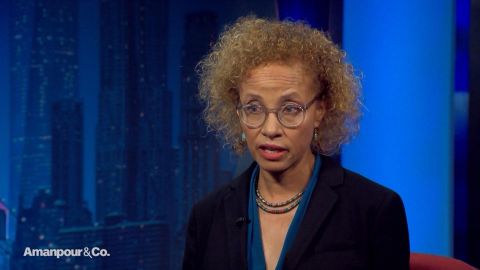Read Transcript EXPAND
CHRISTIANE AMANPOUR: So, have you been surprised by the extent of the breakdown, if you like, in the British system?
YASCHA MOUNK, ASSOCIATE PROFESSOR, JOHNS HOPKINS UNIVERSITY: Yes, I mean, it is remarkable. Look, if somebody had asked me five or 10 years ago to speculate on which country is definitely going to be a stable democracy without deep institutional crisis, without deep crisis of legitimacy in 2020, in 2030, in 2040, I’d only been able to choose choose one country in the world. I might very well have said the United Kingdom. And yet here we are in the midst of deep political chaos and a real attack on some of the basic long-standing democratic norms of a country. So it is remarkable but I think the reason for that is that the Brexit referendum set up this deep competition, this deep clash between parliamentary, sovereignty, and popular sovereignty between the will of the people as expressed in a referendum and the duty of parliament to actually interpret what on earth the referendum actually meant.
AMANPOUR: Well, OK, so that’s really interesting. Because as you know, Boris Johnson and the hardline Brexiteers had been saying that democracy has been hijacked by the fact that parliament is not allowing them to come out of the E.U. come what may. In other words, by banning a no deal exit, that’s hijacking democracy. I know Alistair Burt tried to talk to us about that as well. But just from your perspective in Europe, how are they viewing that accusation?
MOUNK: Well, I don’t know exactly how Europeans view it as such. But as a political scientist, the way I think about is that the referendum set up a choice between one very clear option and one very unclear option. So if Britain had voted to remain the European Union, it was quite clear what that meant. David Cameron had negotiated a deal of exactly what Britain status of membership would have looked like, so people had an exact scenario of what would have happened. And in the next steps, parliament would have voted to ratify to confirm that that would be the end of that. The problem with the Brexit campaign from the beginning was that people were saying some very different things about how exactly Brexit would look. Now virtually, every Brexiteer said there would of course be a deal with European Union. It would be very easy to make a far reaching free trade deal with Europe. And by the way, by the time we would leave the European Union, Britain would also have this free trade deals in place with all these other countries in the world.
About This Episode EXPAND
Democratic presidential candidate Cory Booker sits down with Christiane Amanpour to explain his plan to address the climate crisis. Alistair Burt joins the program to discuss Brexit chaos, followed by Yascha Mounk, who reflects on democracy and European unity going forward. Linda Villarosa breaks down her article for the New York Times Magazine’s 1619 Project with Walter Isaacson.
LEARN MORE



